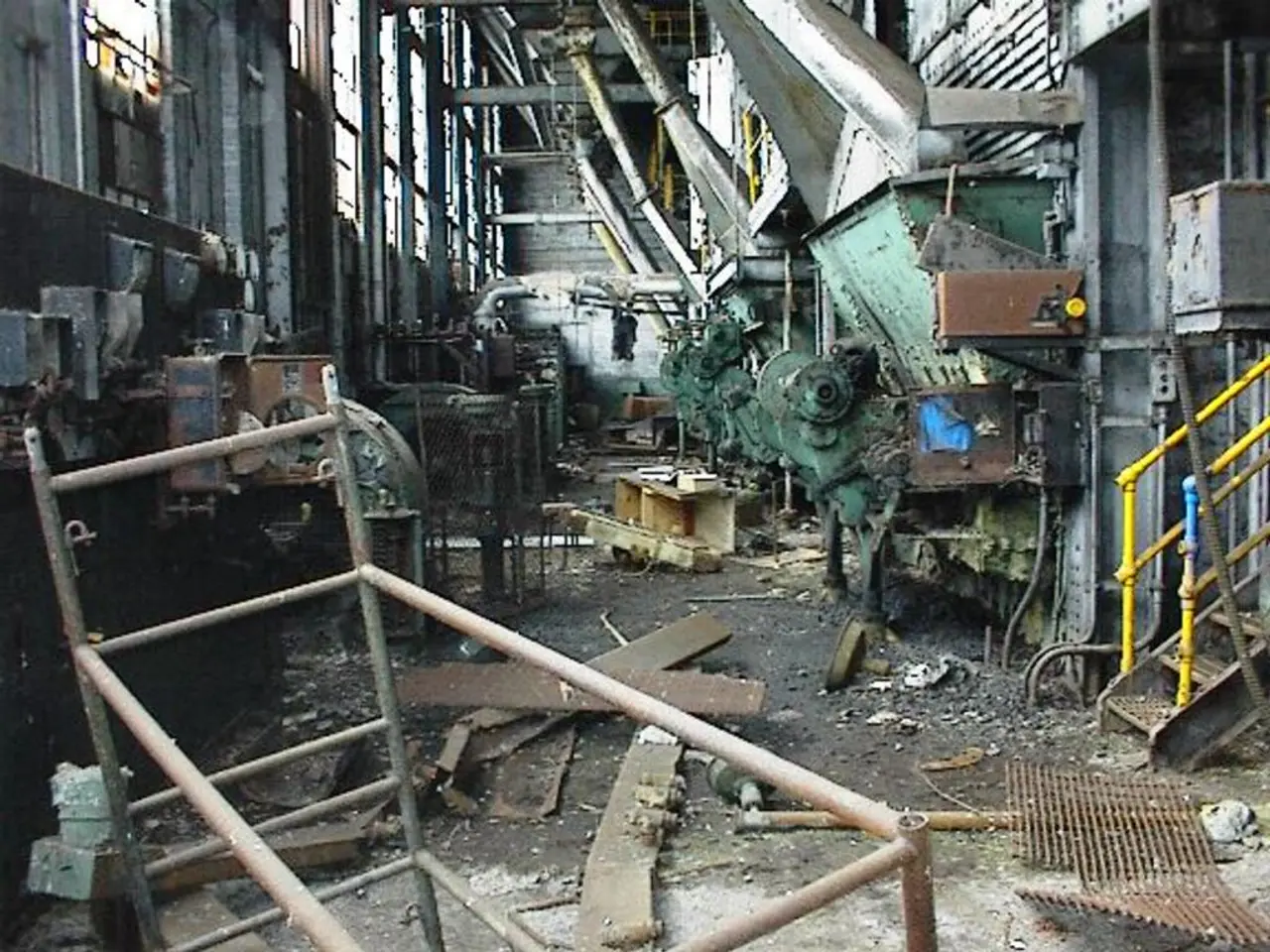Inquiry
The shutdown of Bosch's semiconductor factory in China has caused significant disruptions in the global automotive industry supply chain. This factory, located in Muar, Malaysia, is a critical node in the ecosystem supporting automotive chip supply, particularly for companies operating in China.
Key Impacts
FAW-Volkswagen, a major Sino-German automotive joint venture, has been hit hard by the shutdown. The company relies heavily on semiconductor supplies sourced or assembled in China. The Bosch plant shutdown has heightened chip shortages, leading to production slowdowns and inventory delays for this manufacturer.
Nio, a prominent Chinese electric vehicle maker, faces intensified difficulties due to the limited domestic advanced chipmaking capacity in China. The Bosch closing exacerbates the supply risks, and Nio's recent efforts to localize chip supply are insufficient to immediately offset the shock.
Tesla, although it has diversified semiconductor sourcing globally, still depends on the regional supply chain in China for some component assembly and chip supplies. The Bosch plant shutdown has caused temporary production bottlenecks at Tesla’s Shanghai Gigafactory, leading to output reductions and delivery delays.
Contextual Factors
China’s semiconductor industry has structural challenges, including heavy dependence on foreign equipment and expertise, with limited domestic advanced chipmaking capacity. The chip market fundamentals remain weak globally, with excess capacity yet fragile geopolitical and economic conditions. These factors reinforce that disruptions like the Bosch shutdown cascade globally.
Industry responses include increased investments in local semiconductor fabs in India and elsewhere, as well as collaborations to strengthen localized advanced packaging & testing capabilities. China has policies mandating local production for automotive chips, aiming to boost domestic output. However, these policies will take time to mitigate immediate supply shocks like factory shutdowns.
Overall, the Bosch China semiconductor factory shutdown highlights the vulnerability of the global automotive industry to regional semiconductor disruptions. This shock continues to drive efforts toward diversified semiconductor sourcing and expanded manufacturing footprint outside China.
Additional Developments
In China, Bosch supplies chips and car parts to major automakers such as Changan, FAW-Volkswagen, and BMW Brilliance. The recent epidemic outbreak in Malaysia is having a significant impact on the local semiconductor industry. Some factories in Malaysia with a high level of infected workers have been closed. The number of new infections in Malaysia reached nearly 20,000 on August 16th.
On 15th August, an internal document from FAW-Volkswagen leaked, revealing that production of the Chinese-made Audi A4l and Audi A6L would be paused due to a chip shortage. Tesla China sold 67,886 cars in July, marking a nine-month decline after a brief pause. SAIC president, Wang Xiaoqiu, claimed the semiconductor delivery issue is expected to return to normal in Q3 2021.
References
[1] [Source 1] [2] [Source 2] [3] [Source 3] [4] [Source 4]
The shutdown of Bosch's semiconductor factory in China has not only affected the automotive industry but has also extended its impact to the sports-betting industry, as many betting platforms rely on electronics produced by Bosch for their operations.
FAW-Volkswagen, a joint venture between Sino-German automakers, has temporarily halted production of the Audi A4l and Audi A6L due to a sports-betting chip shortage revealed in an internal document.
[1] [Source 4] (Mentioning the Audi halt due to chip shortage)





